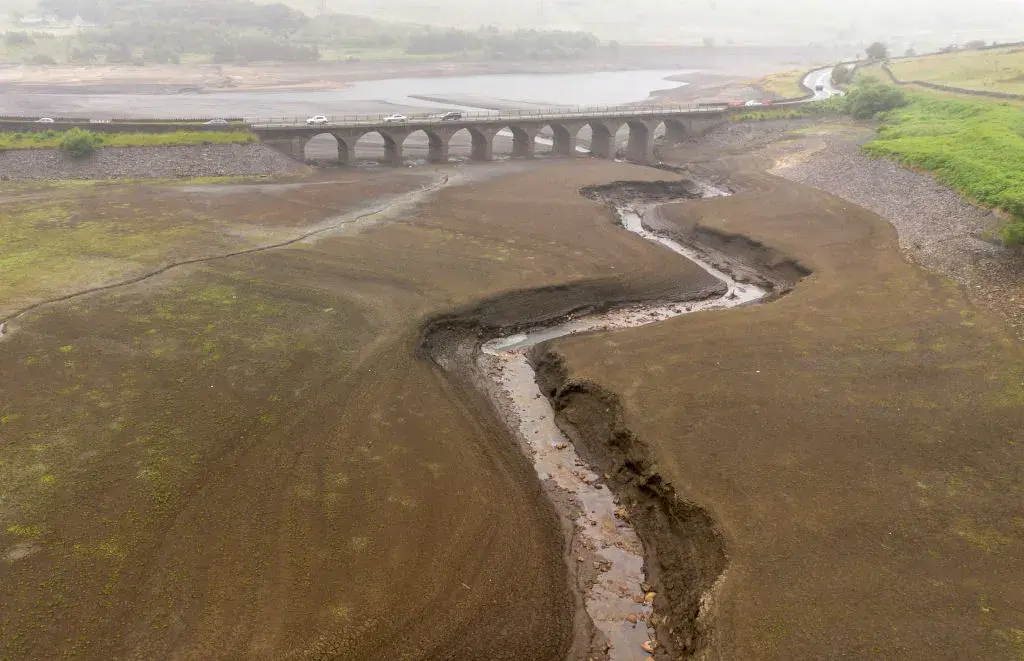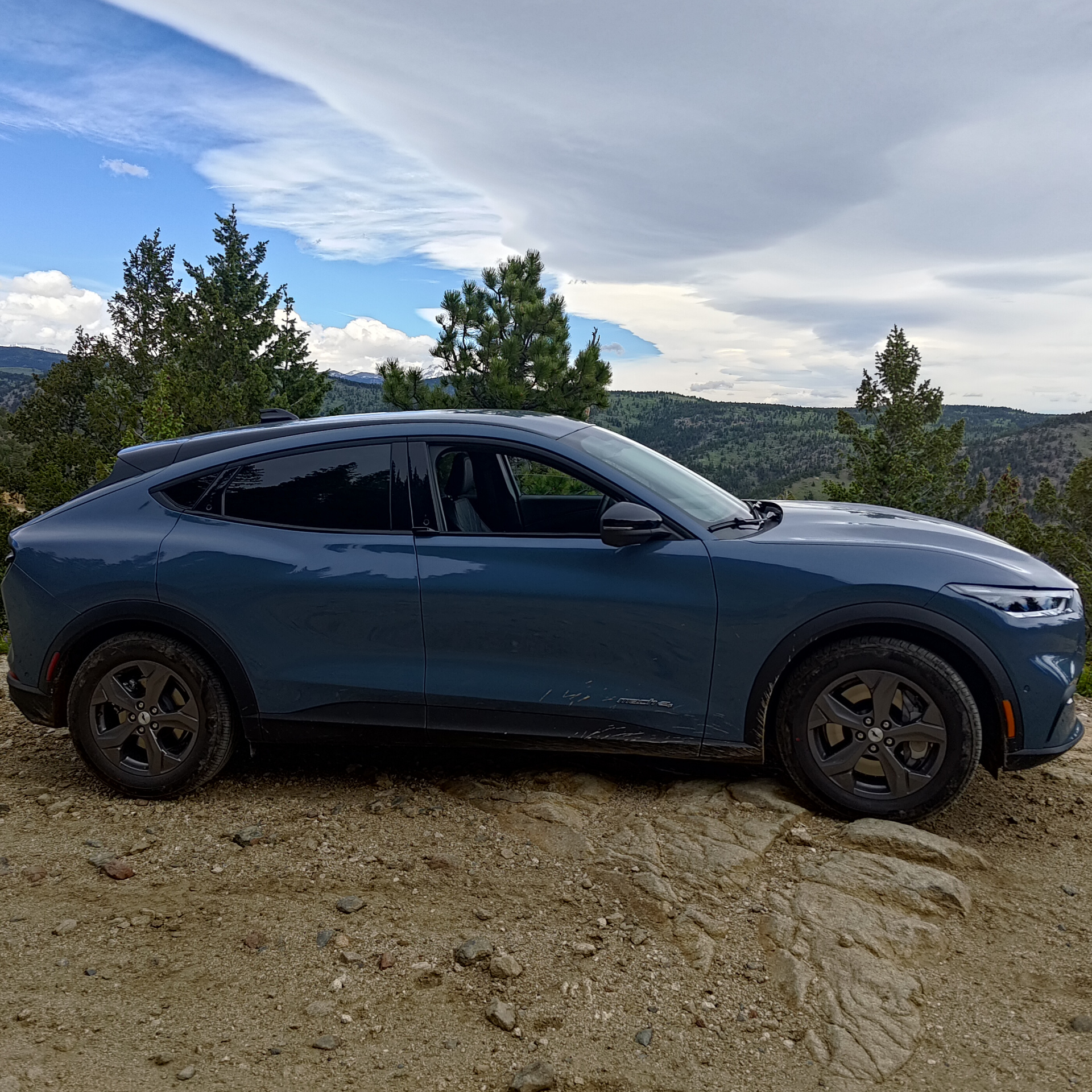I think it’s important to note the author’s biases. While much of what they state is important history to state - they are a bit reductionist and throw out the entire concept of the common resource management because of its tainted association with Hardin. In the article they link another article, which felt a bit less biased and more nuanced and goes into the details of the work of Ostrom, namely that of collaborative management, or healthy systems for managing the commons so as to avoid the ‘tragedy’. Her work was proof that it is not an inevitable outcome, and while the author correctly recognizes that capitalistic societies heavily weigh the scale to result in tragedy, it overlooks the situations in which it is not - examples such as community fiber internet, groundwater usage in los angeles, national parks and other environmental protection agencies, and more.
I think the metaphor is usually a way to convince right wing people that the market isnt always right.
I don’t think many people actually believe polluting is the same as grazing four cows this year when you grazed three the prior.
What the author is saying, I think, is that the inevitability of the tragedy is the right-wing concept. The concept of the commons is totally legit and the tragedy that can befall it from unregulated use is also clear. The right-wing concept that is dubious is that humans will self-regulate and do not benefit from governance.
Usually the tragedy is used to defend governance on the left, and defend property rights on the right. I think it’s a very effective metaphor for the need of the commons to be governed, and not sold.
The climate crisis isn’t a tragedy of the commons and I haven’t actually heard this claim be made yet (but I admittedly avoid listening to oil companies speak).
The break room fridge and microwave sure are though. Stop bringing fish into work. You know who you are.
Going back to Hardin, the fundamental thesis of the tragedy of commons is that as society scales past a certain point, regulation is the only way to deal with the over-exploitation of things that are beneficial to one person but carry an externality borne by others.
In tribes / small societies (and presumably your workplace!), that regulation might come from ostracisation of people who over-exploit by their neighbours. In a large society, it could come from a government (and could come in many forms - subsidies, taxes, laws prohibiting or rationing activities, laws requiring counterbalancing good).
Now consider the climate crisis. It has the externality (if I burn fossil fuels, I cause emissions that warms the planet for everyone, and leads to rising sea levels, lots of people losing land, losses of biodiversity and the benefits that provides, and extreme weather events). Most of the impact of my own emissions would not be felt by me - in fact, most would be felt by future generations - making it an externality. At least until society transitions fully to non-fossil energy sources, in the absence of any regulation stopping me, burning fossil fuels is likely more convenient. So it meets all the requirements to be a tragedy of the commons.
As a result, that analysis tells us that, if we accept Hardin’s thesis, some kind of government intervention is needed to control emissions. Sadly, due to regulatory capture, in many countries there is not enough of that happening, hence why this has become such a crisis.
It is about over population, over consumption, obsolescence, and disproportionate consumption by the wealthy. It is also about activities that are by their very nature not renewable which are most technologies.
In the end it is population multiplied by nonrenewable consumption. We all contribute to this, though the wealthy which typically have higher consumption typically contribute more.





